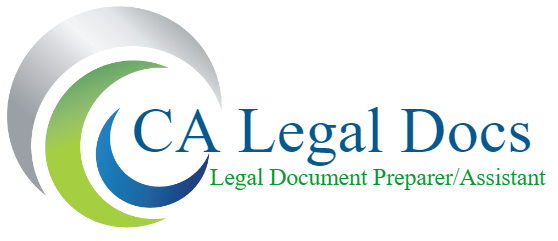Fiduciary Accounting – Conservatorships
What is Fiduciary Accounting for Conservatorships and who is required to submit one?
A conservatorship accounting, which is a form of fiduciary accounting, is a comprehensive report of the activity within a conservatorship during a specific period. To assure that the conservator is properly carrying out their duties of managing the conservatee’s finances, the Court requires that a conservator submit a periodic accounting for its review and approval.
An appointed individual must submit an accounting when they hold the authority to conserve, manage, and use the conservatee’s property for the benefit of the conservatee. Thus, accountings are required when the Court appoints a conservatorship of the estate. By contrast, accountings are not required if the Court appoints only a conservatorship of the person. This is because while an individual appointed only a conservator of the person may assist a conservatee with their personal affairs, they have no authority to manage the conservatee’s finances.
Governing Statutes
Conservatorships accountings must comply with the requirements outlined in Probate Code sections 1060 through 1064 and 2620 through 2628, among others. Probate Code sections 1060 through 1064 provide the conservator guidance on the contents of the petition to approve the accounting, mandatory forms, and schedules. Probate Code sections 2620 through 2628 set out the frequency, manner, and circumstances by which a conservator or guardian of the estate must file accountings. Though the general requirements of these sections are discussed below, conservators should consult with their attorney to ensure compliance with applicable statutory authority.
Statutory Requirements Regarding Timing and Frequency
Generally, a conservator’s first accounting must cover the first year of the conservatorship, which begins on the appointment date. For purposes of determining the commencement of the accounting period, “appointment date” is the date the letters of conservatorship are issued. Where the matter includes temporary proceedings, the “appointment date” is when the letters of temporary conservatorship are issued. Suppose both a temporary and a probate conservatorship are established, and the same individual is appointed as conservator in both proceedings. In that case, the first accounting period commences on the date of issuance of the letters of temporary conservator. If the probate conservator and the temporary conservator are not the same individuals, the probate conservator’s letters are generally issued on the ending date for the temporary conservator’s authority.
After the first accounting, accounts are required biennially unless ordered by the Court to be more frequent. Conservators should also be aware that in addition to what is required by statute, the Court may order a random full or partial review of accounting, and a conservator can be required to provide books, records, and receipts. Local rules in some courts require that accountings be filed no later than three months from the ending of the accounting period. Thus, conservators should consult with their attorney to timely prepare for the filing of a Fiduciary Accounting Conservatorships.
Statutory Requirements Regarding Financial Account Statements
Probate Code section 2620(c)(1) requires conservators to file supporting documents, including original account statements, from any “institution” or “financial institution” in which money or other assets of the conservatorship estate are held or deposited. Probate Code section 2890(c) defines “institution” as an insurance company, insurance broker, insurance agent, investment company, investment bank, securities broker-dealer, investment adviser, financial planner, financial adviser, or any other person who takes, holds, or controls an asset subject to a conservatorship or guardianship. On the other hand, Probate Code section 2892 defines a “financial institution” as a bank, trust, savings and loan association, savings bank, industrial bank, or credit union. The requirement for original statements means that conservators must preserve statements received by U.S.P.S. mail. Thus, problems can arise where the conservator has enrolled paperless communications from such institutions or financial institutions.
Different rules regarding the required supporting documents apply to professional and non-professional conservators. For example, private professional conservators are required to submit statements for the beginning and ending of the accounting period, plus each monthly account statement covering the entire period of accounting; while a non-professional conservator need only file the beginning and ending statements. In addition, there are certain requirements regarding documents that must be lodged privately with the Court to protect the conservatee’s privacy.

